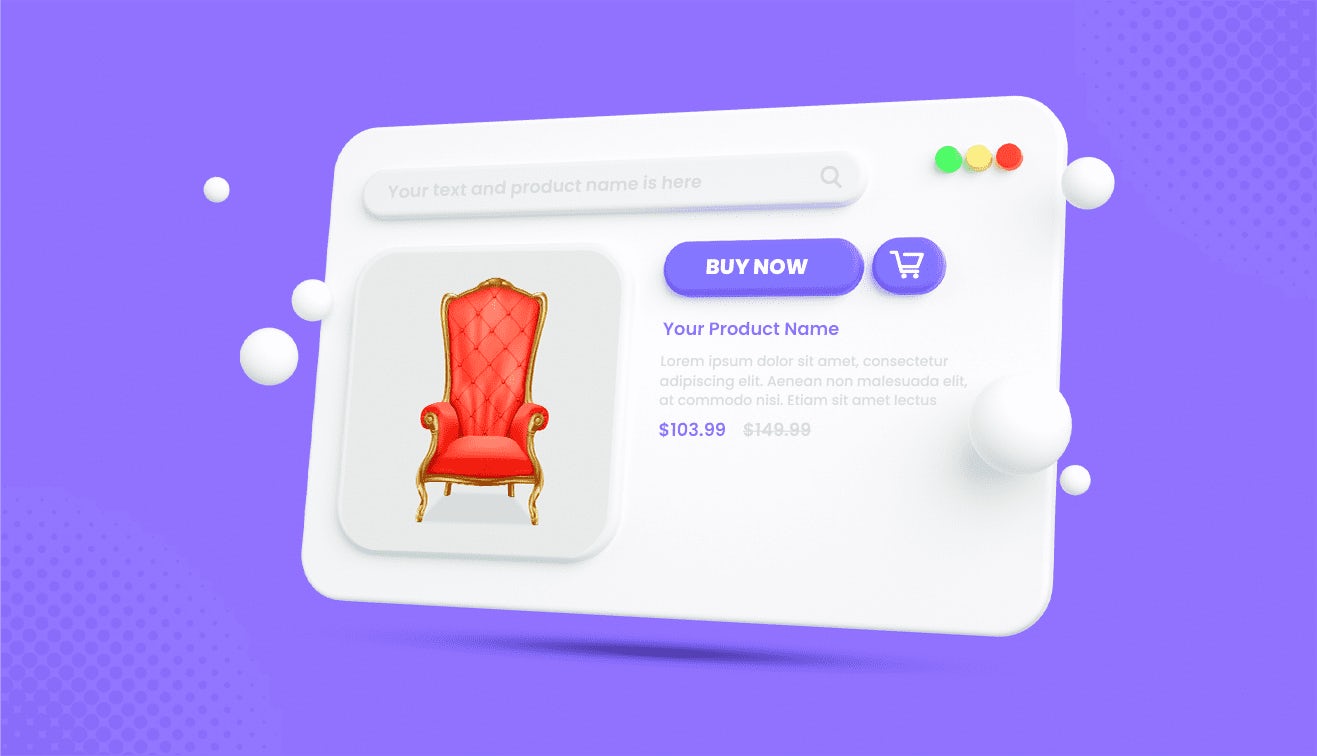Choosing the right ecommerce platform is a pivotal decision that has a direct significant impact on your business’s growth trajectory. In fact, the global ecommerce market is projected to reach $6.3 trillion by the end of this year. (Forbes)
So, in this ever-evolving world of ecommerce, scalability is a critical factor for businesses aiming for long-term success. As enterprise ecommerce platforms grow, they require platforms that can not only handle increasing traffic but also adapt to their complex needs.
Among the numerous ecommerce platforms available, BetterCommerce and Shopify are two prominent contenders. But when it comes to scaling for enterprise needs, which one truly delivers?Top of FormBottom of Form
Understanding eCommerce Platform Needs for Enterprises
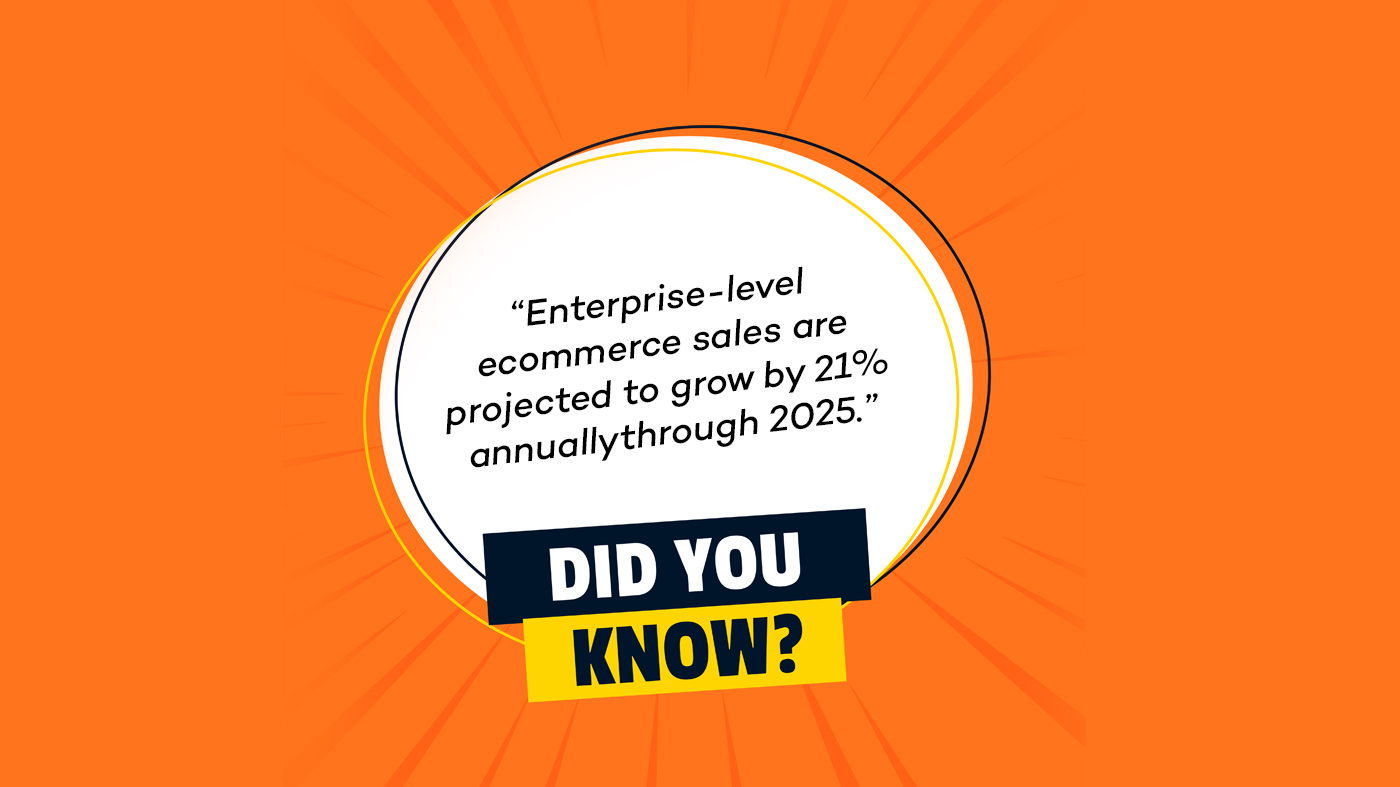
Before diving into the comparison, it’s essential to understand what enterprise-level businesses need from an ecommerce platform:
- Custom Solutions: Enterprises require highly customisable eCommerce platforms that can adapt to their unique business models, including bespoke features and seamless integrations with existing systems.
- Scalability & Performance: With high traffic and transaction volumes, enterprises need robust infrastructure capable of scaling on-demand, ensuring fast and consistent user experiences even during peak times.
- Customisability & Integration: Enterprises require highly customisable solutions to fit their unique business models. This often includes the need for custom features and seamless integration with existing enterprise ecommerce platform systems like ERP, CRM, and PIM.
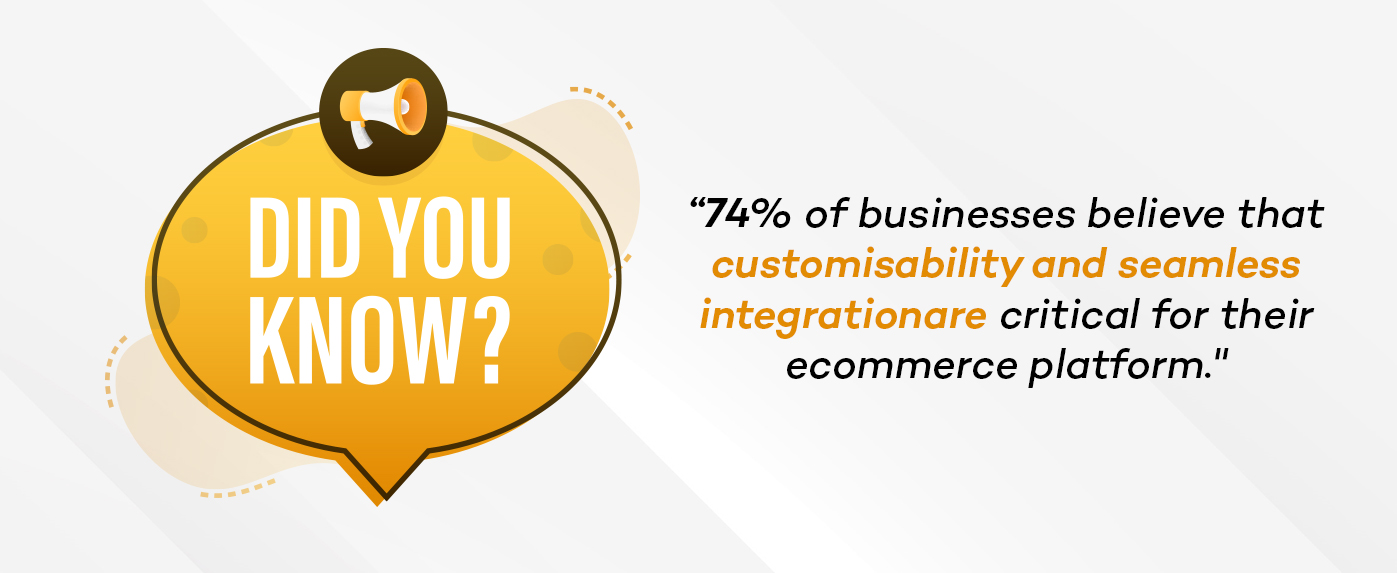
- Global Operations: Multi-region enterprises need support for global operations, including multi-currency transactions, multi-language interfaces, and the ability to manage multiple stores from a single platform.
- Complex Workflow Management: Enterprises often have intricate workflows and customer journeys that require flexible, customisable tools to manage and optimise processes efficiently.
- Sophisticated Product Management: Managing large and diverse product catalogues necessitates advanced PIM systems that can handle complex data, support various product types, and streamline catalogue updates across channels.
- Performance & Scalability: As traffic increases, enterprises need a platform with robust infrastructure capable of handling large volumes of transactions without compromising speed or the overall user experience.
- Omnichannel Support: A successful enterprise needs to deliver consistent customer experiences across multiple channels, both online and offline, requiring a platform that supports a seamless omnichannel approach.
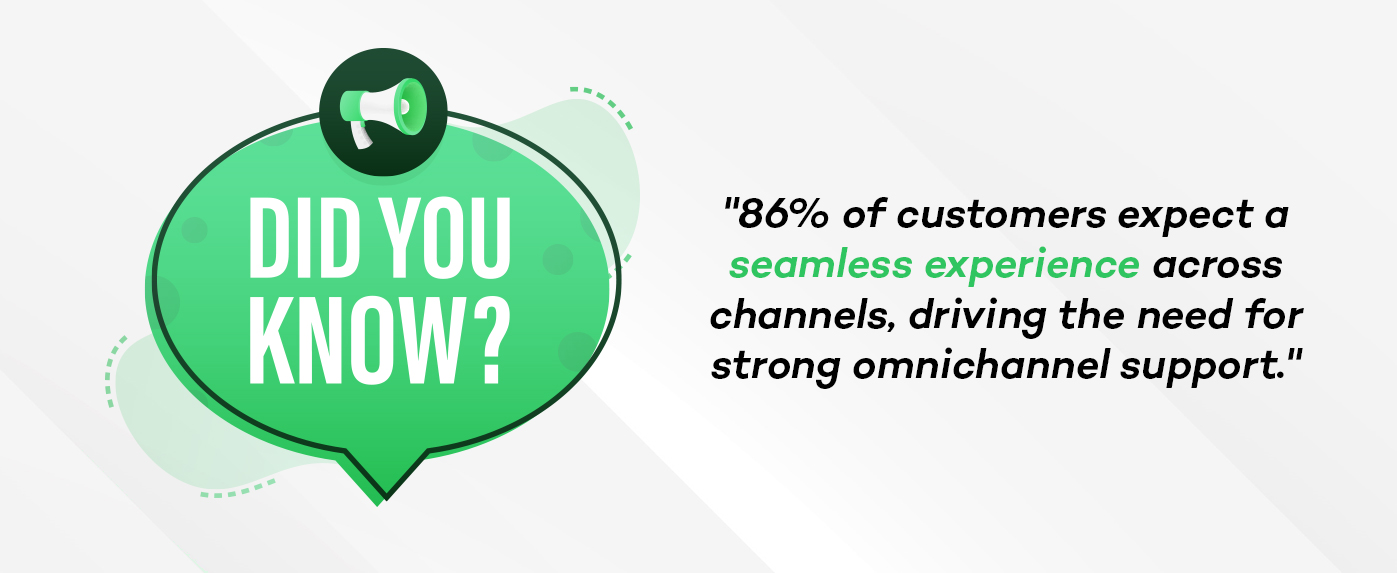
Shopify: A Powerhouse with Limitations
Shopify is a household name in the ecommerce world, particularly among small to medium-sized businesses. It’s known for its user-friendly interface and a vast ecosystem of apps and themes which allows entrepreneurs to set up online stores quickly, even without technical expertise.
But how does it fare when it comes to scaling for enterprise needs?
Pros of Shopify for Enterprises
- Ease of Use: Shopify’s intuitive interface makes it easy for businesses to set up and manage their online stores without needing extensive technical knowledge.
- Extensive App Marketplace: Shopify’s ecosystem offers a wide range of apps and plugins that allow businesses to extend their store’s functionality, from marketing tools to inventory management.
- Reliable Hosting: Shopify offers robust hosting, ensuring that stores run smoothly even during high-traffic periods.
- Global Reach: Shopify supports multi-currency transactions and offers several language options, making it easier for businesses to operate internationally.
Cons of Shopify for Enterprises
- Limited Customisation: While Shopify’s app marketplace is extensive, it can be restrictive for enterprises needing highly customised solutions. The platform’s templated approach can limit the flexibility required by large businesses.
- Costly Apps and Add-ons: Scaling with Shopify often means relying on multiple third-party apps, which can quickly add up in cost. Additionally, many advanced features require upgrading to Shopify Plus, which comes with a higher price tag.

- Performance Bottlenecks: While Shopify handles moderate traffic well, enterprises with extremely high traffic might experience performance issues, particularly if they rely heavily on third-party apps.
- Limited B2B Features: Shopify is primarily designed for B2C businesses. While it can be adapted for B2B, it lacks many out-of-the-box features that B2B enterprises require, such as advanced pricing models, approval workflows, advanced line-item quoting, order-based pricing models, customer-specific catalogues, and complex order management.
BetterCommerce: Built for Scalability
BetterCommerce is designed with different business models in mind (B2B, B2C, B2B2C, DTC), catering specifically to the needs of growing enterprises. Let’s explore how it stands out as a more robust solution for scaling businesses.
Pros of BetterCommerce for Enterprises
- Highly Customisable: BetterCommerce offers extensive customisation options, allowing businesses to tailor every aspect of their ecommerce platform to their specific needs. Whether it’s custom workflows, integrations, or unique storefront designs, BetterCommerce provides the flexibility that enterprises require, and it could be a great Shopify alternative for your business.
- Headless Architecture: BetterCommerce headless commerce approach separates the front end and back end, offering greater flexibility in design and performance. This allows businesses to deliver a seamless and fast user experience, even as they scale.

- Enterprise-Grade Features: BetterCommerce comes with built-in features designed for large businesses, such as advanced inventory management, multi-channel capabilities, and sophisticated customer segmentation. These features are essential for enterprises dealing with large product catalogues and diverse customer bases.
- B2B and B2C Capabilities: Unlike Shopify, BetterCommerce is equally adept at handling both B2B and B2C operations. It offers a comprehensive suite of B2B functionalities like customer-specific pricing, bulk ordering, and complex discounting rules that are crucial for B2B enterprises.
- Cost-Effective Scaling: The BetterCommerce modular approach means businesses can add or remove features as needed without incurring unnecessary costs. This makes it a more cost-effective solution as enterprises scale.
Cons of BetterCommerce for Enterprises
- Learning Curve: Due to its extensive customisation options and advanced features, BetterCommerce may have a steeper learning curve compared to Shopify. Enterprises may require more time and resources to fully leverage the platform’s capabilities.
- Smaller Ecosystem: While BetterCommerce offers a robust set of features out of the box, its ecosystem of third-party apps and integrations is smaller compared to Shopify’s. However, the platform compensates for this with its customisability and API-first approach.
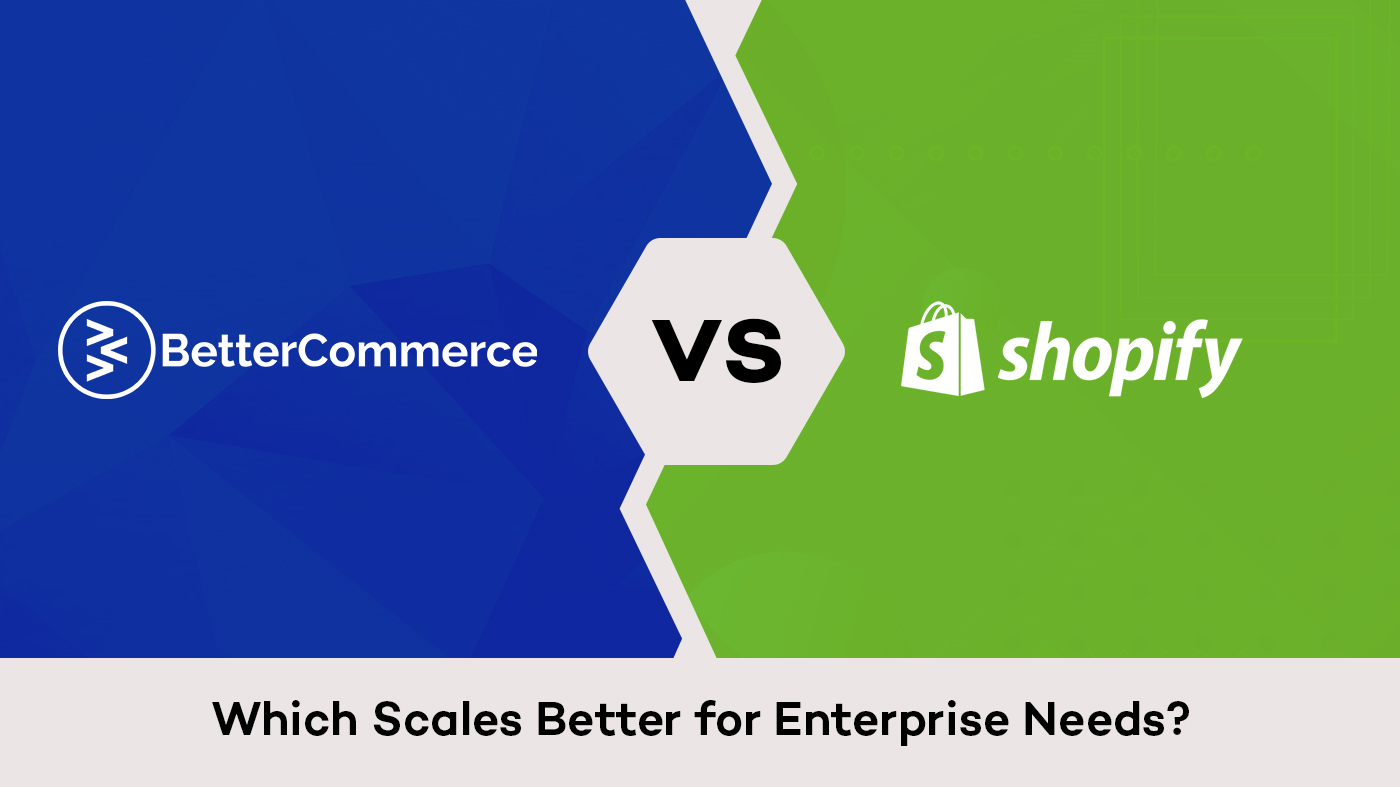

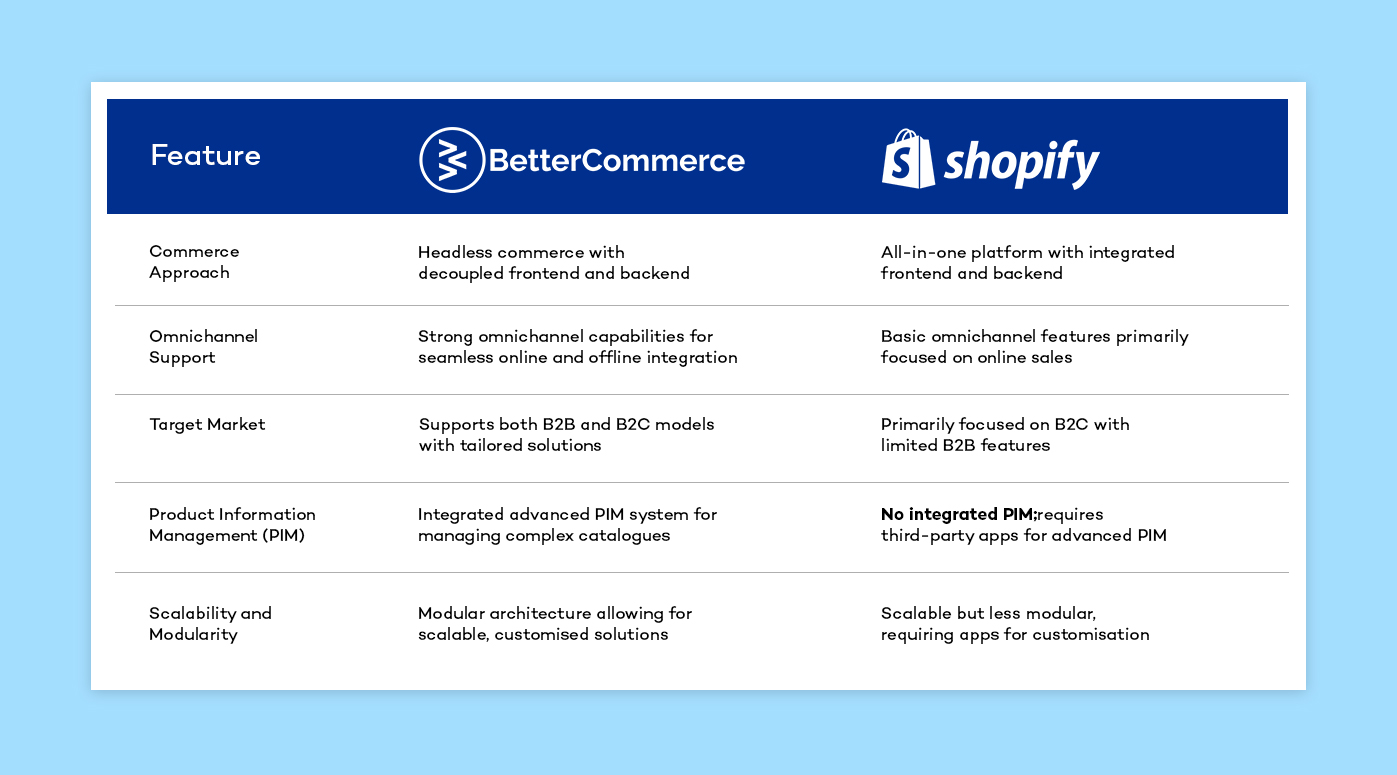
































































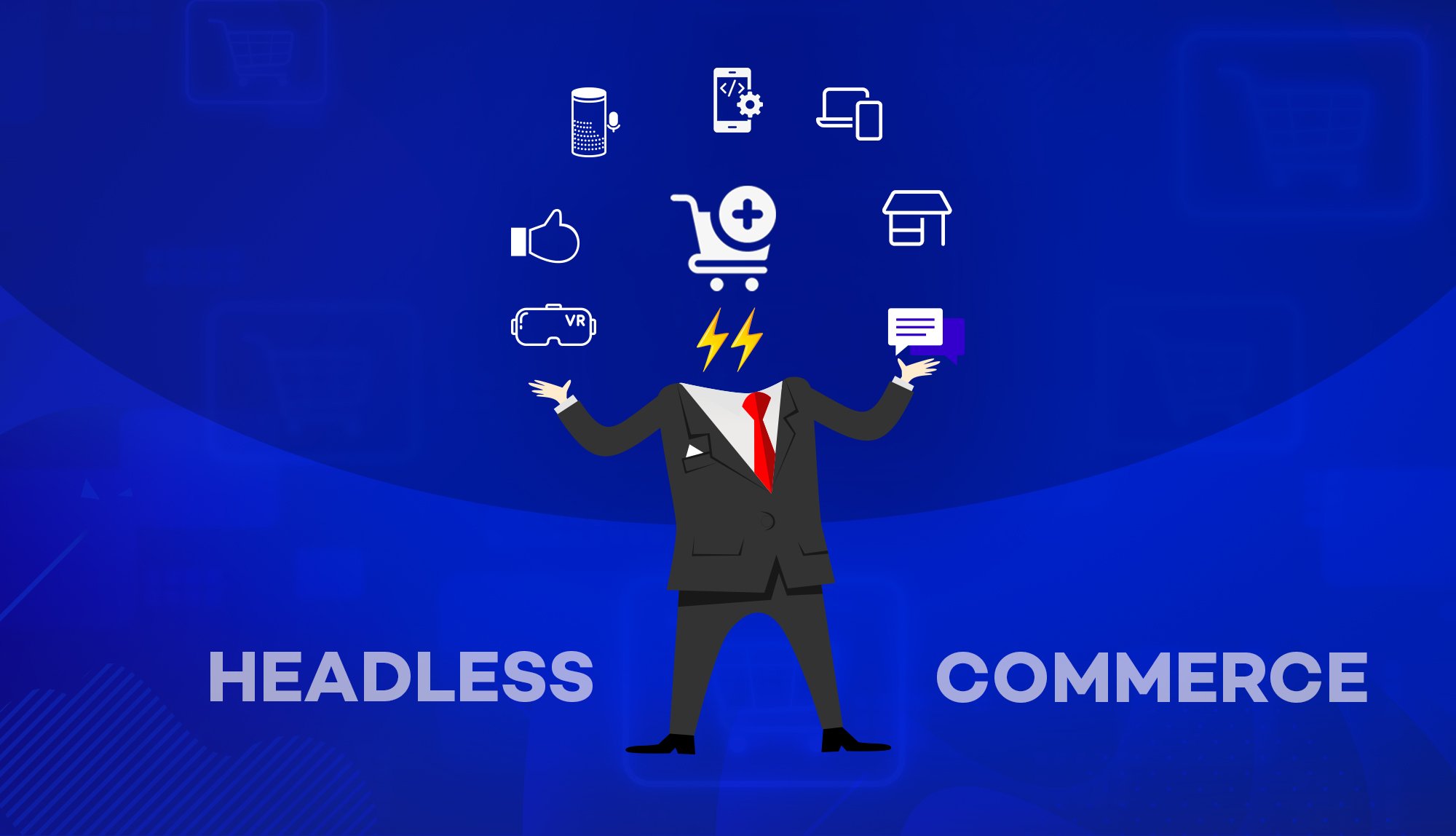




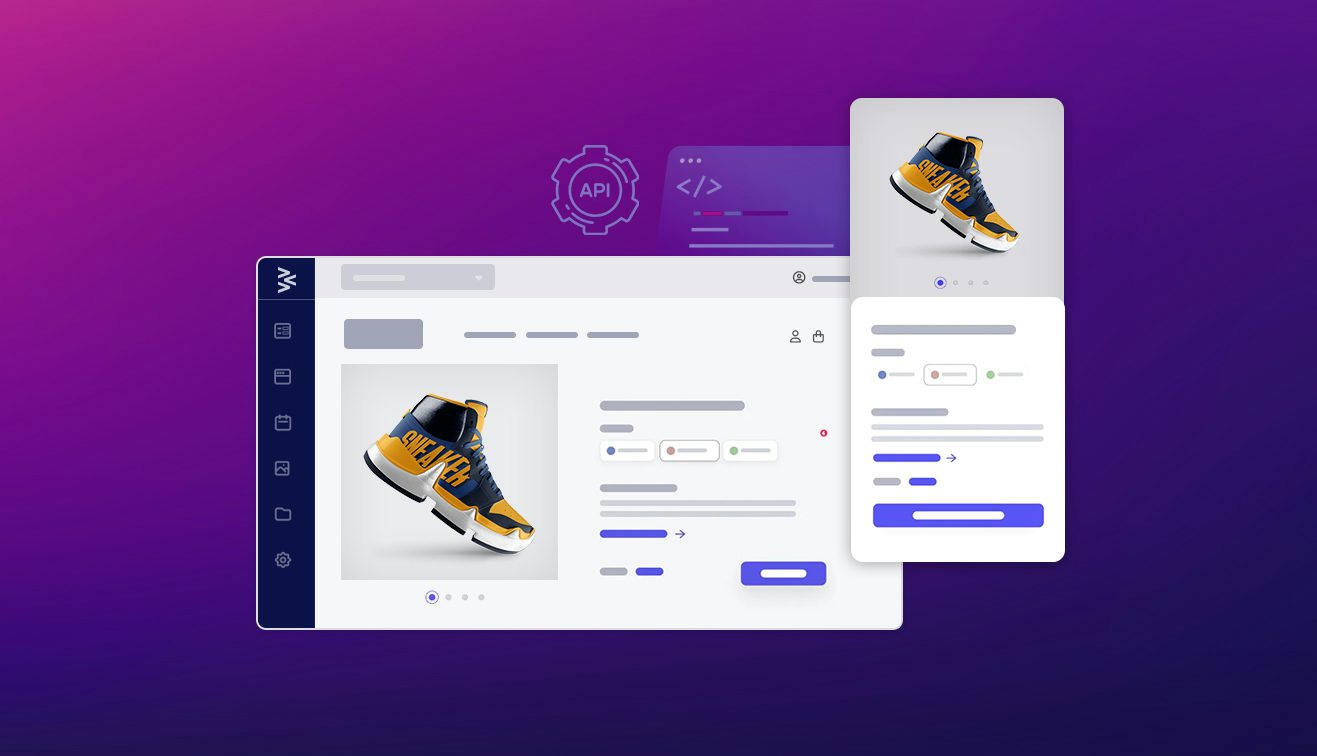

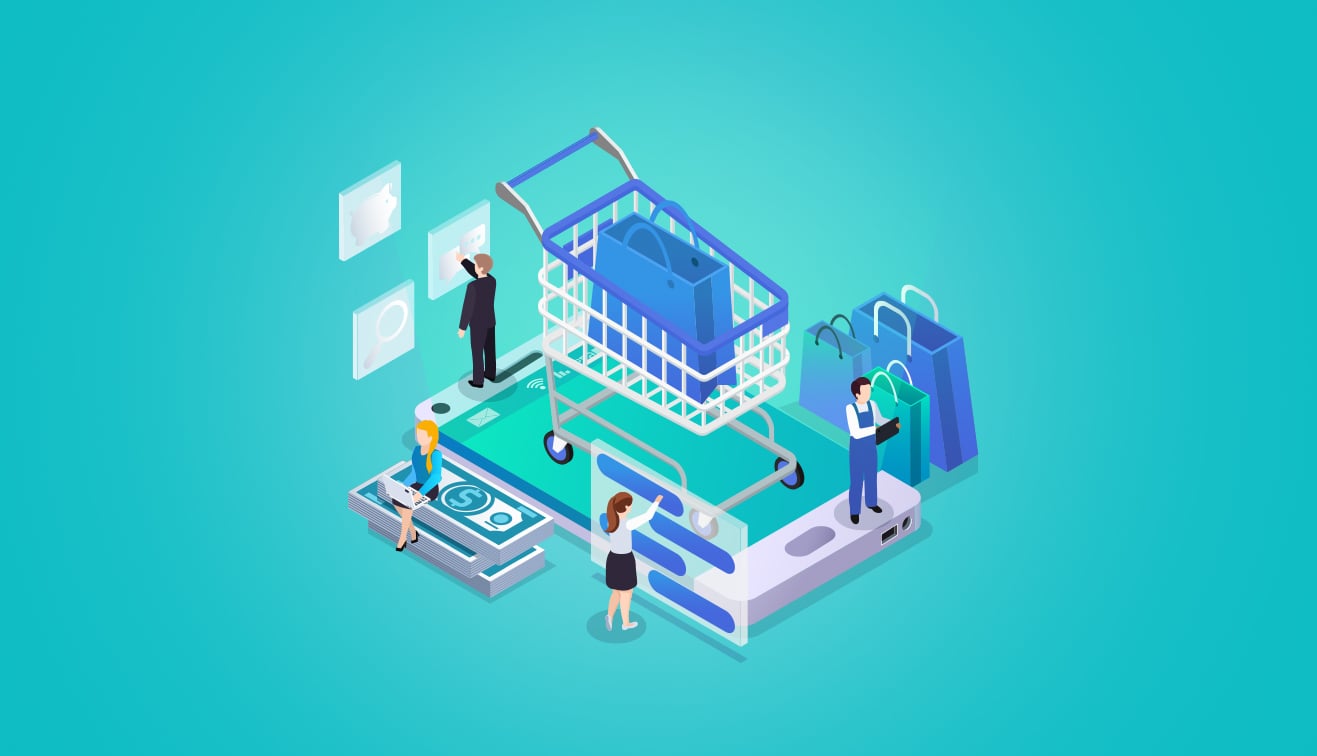

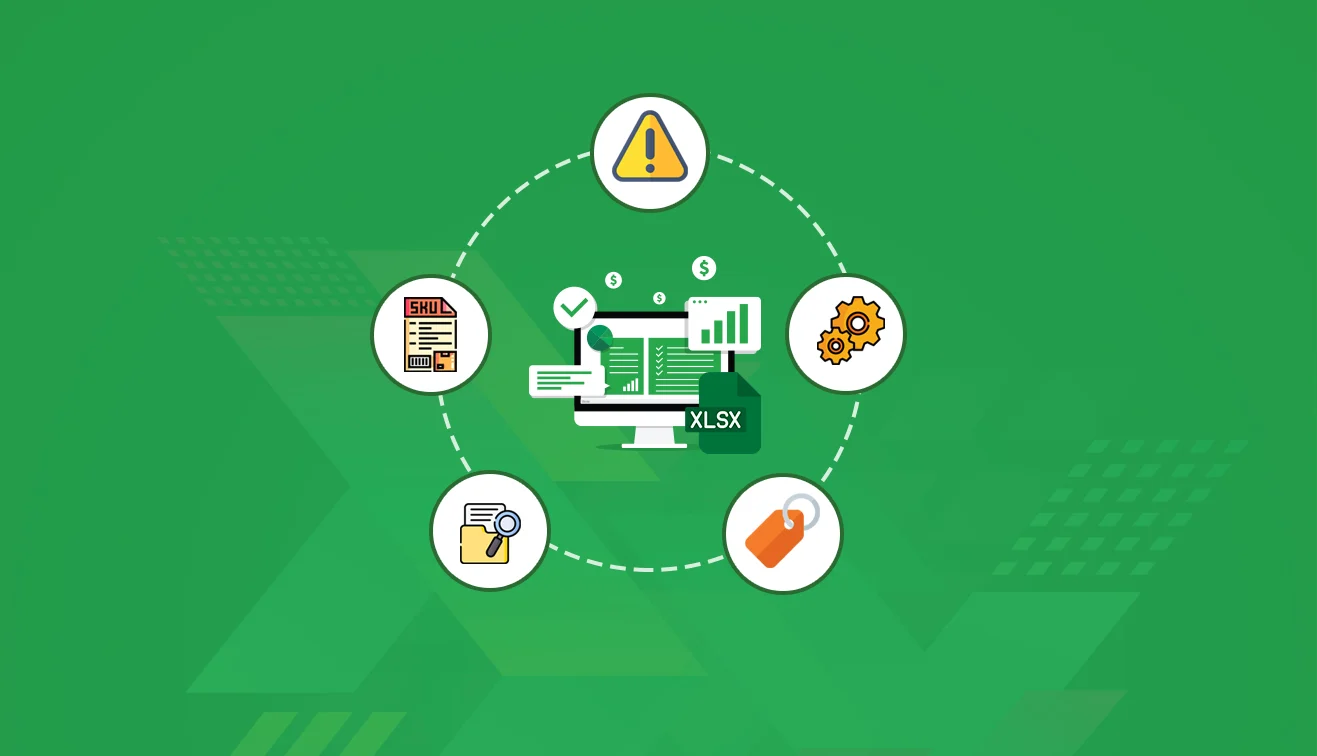
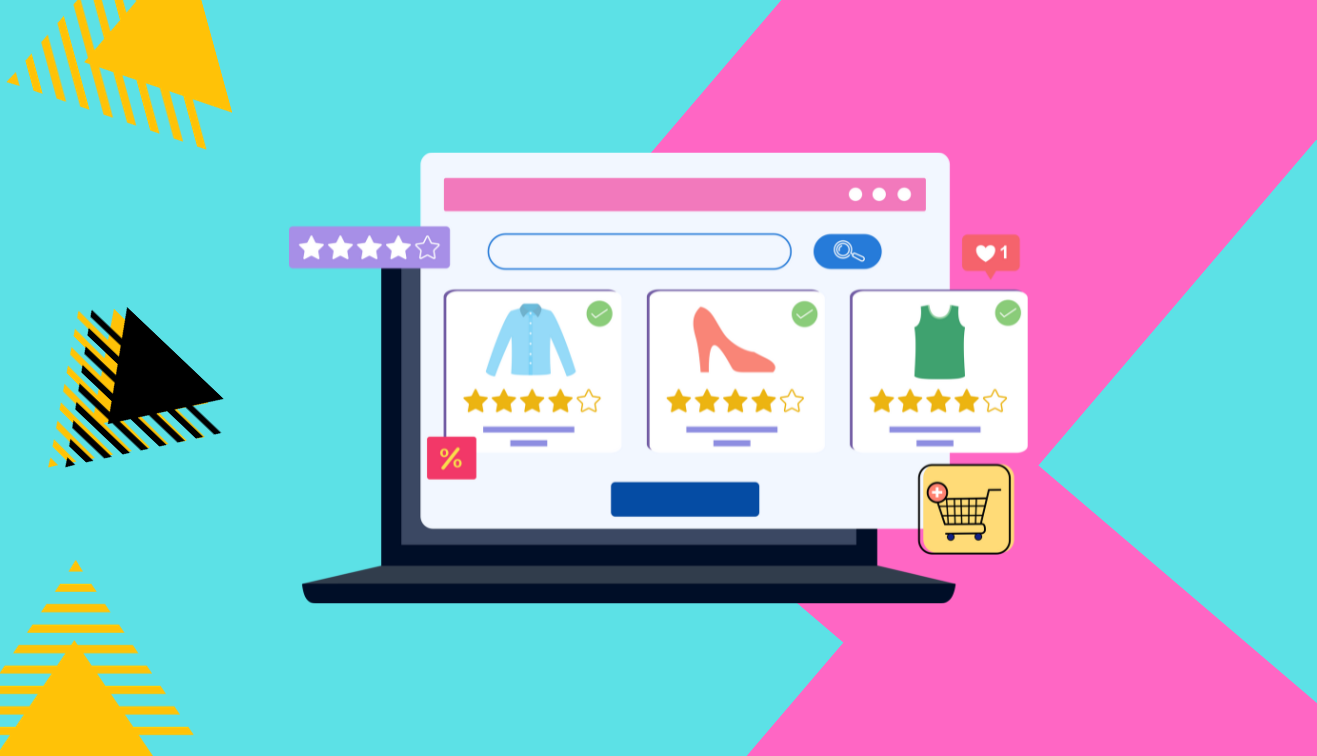
.jpg?w=3840&q=75)


.png?w=3840&q=75)


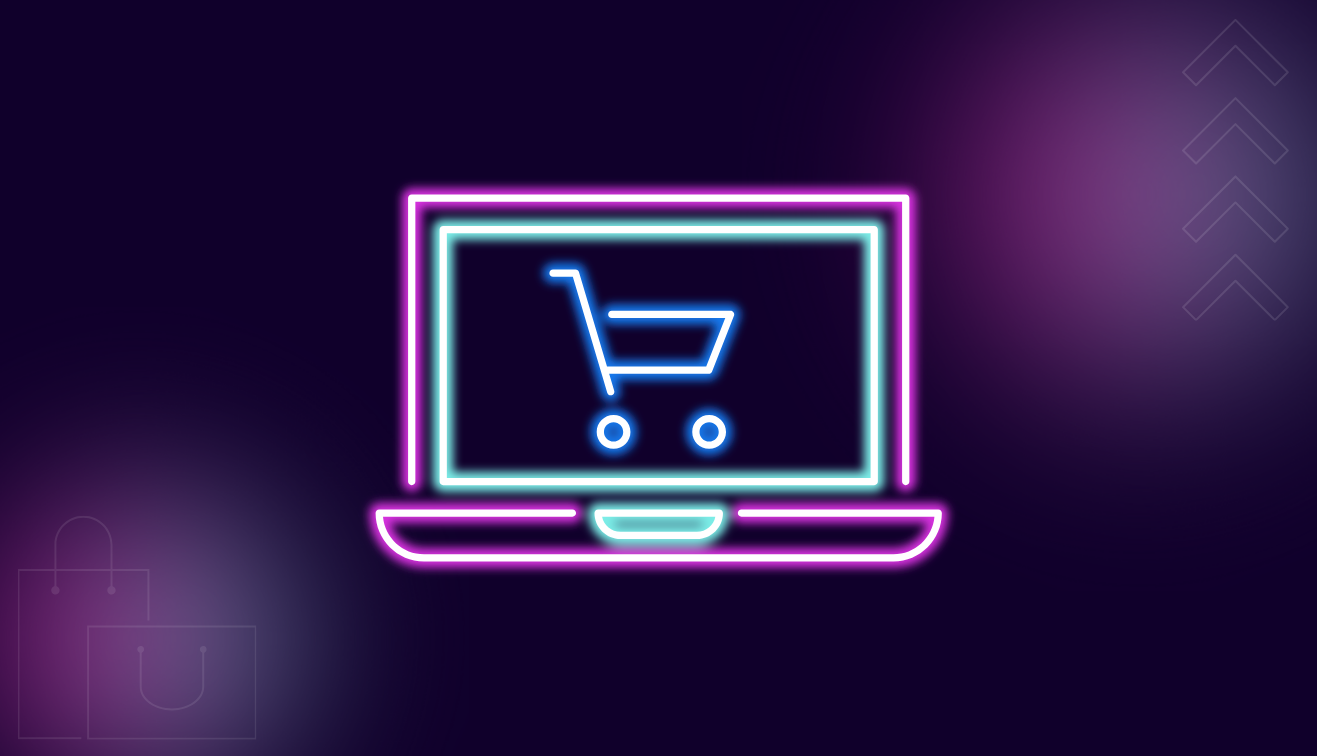
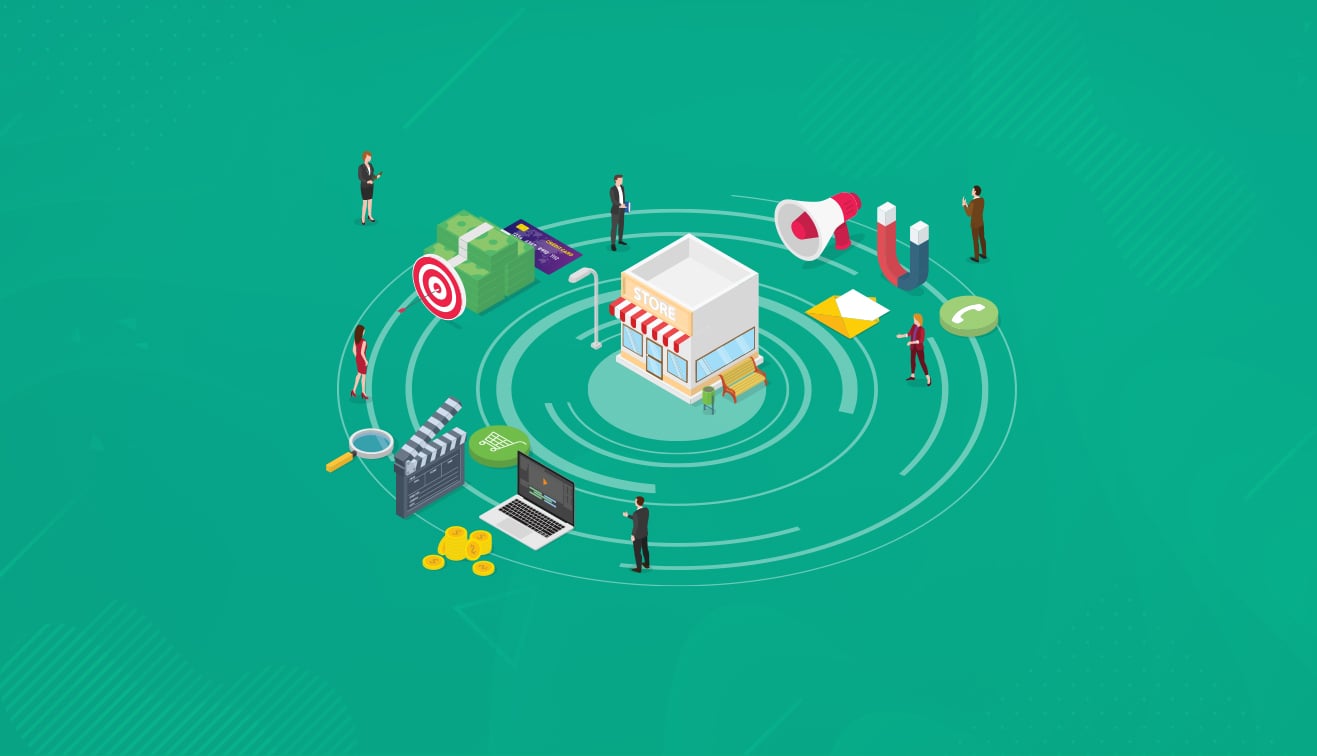




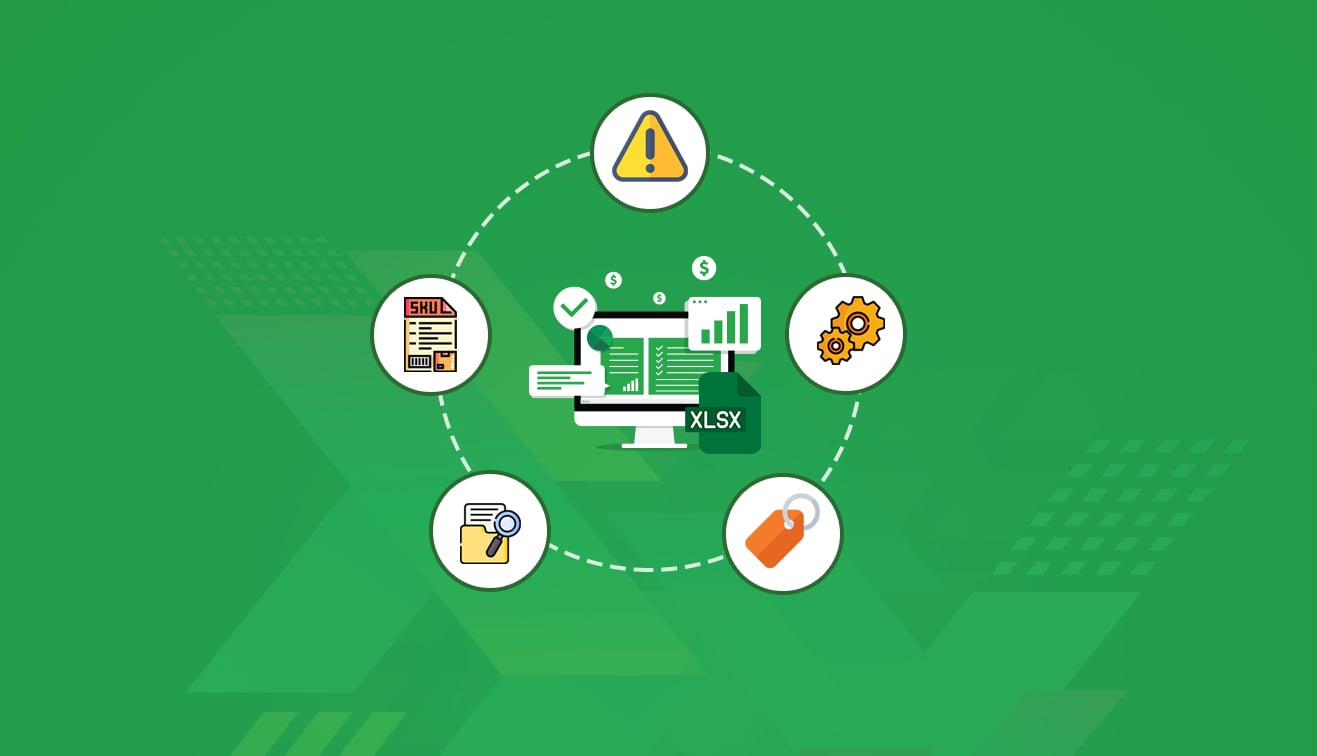
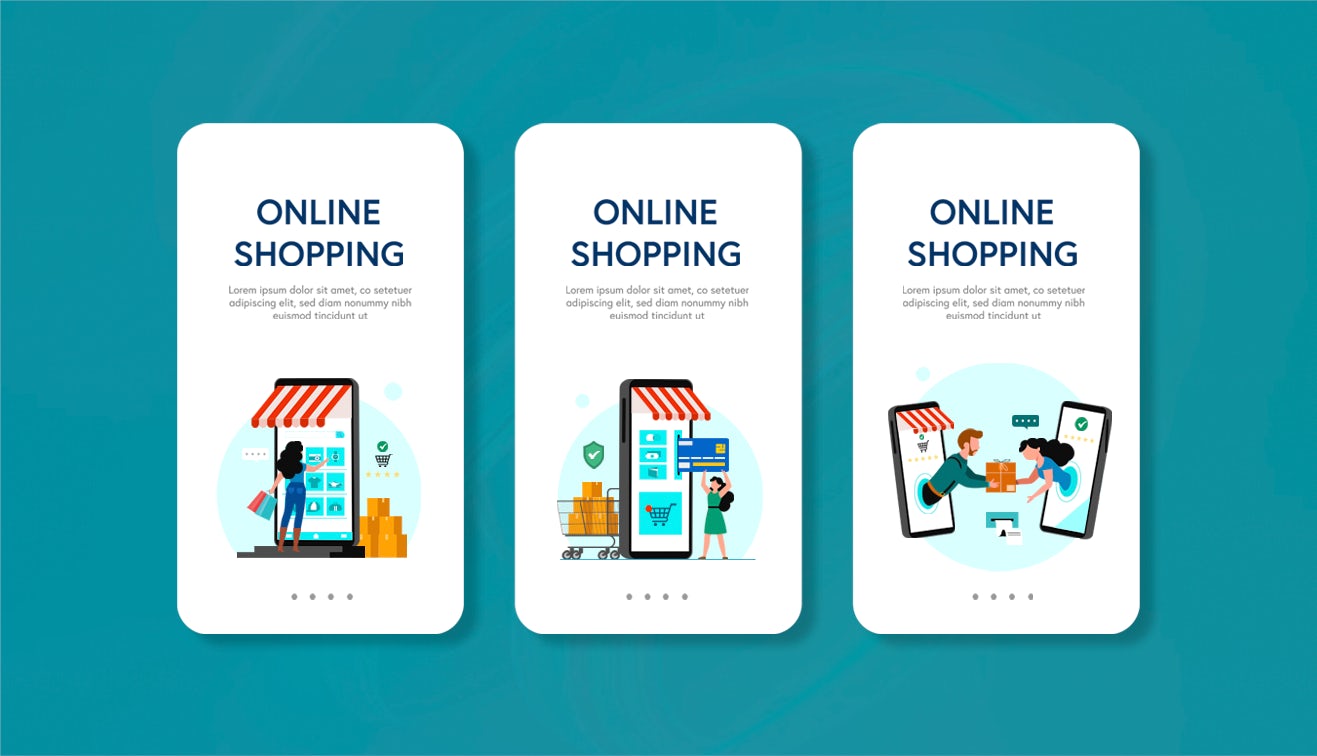

.jpg?w=3840&q=75)
